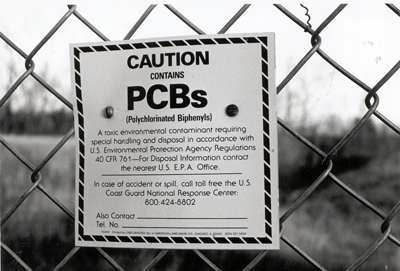Dear Commons Community,
The NY Times has an excellent article today on testing in Shanghai schools. Earlier this year, Shanghai students scored first on the PISA (Programme for International Student Assessment) Exam that measures reading, mathematics and science among 15 year olds. American students came in between 15th and 31st place in the three categories. K-12 testing advocates such as Arne Duncan point to this as evidence that the United States needs to do more to compete in the global economy. However, the article describes the middle schools in Shanghai as highly disciplined environments that emphasize rote learning and test preparation. One Chinese educator is quoted as saying that in such environments students will always do better on standardized tests because that is their main goal. However, critics of the Chinese public education system comment that: “ The nation’s education system is too test-oriented, schools here stifle creativity and parental pressures often deprive children of the joys of childhood. ” One Chinese educator in a Wall Street Journal article on December 8, 2010, cautioned that there is another side to this type of schooling. “.. Chinese schools are very good at preparing their students for standardized tests,” says Jiang Xueqin, a deputy principal at Peking University High School in Beijing. “…and for that reason, they fail to prepare them for higher education and the knowledge economy…China has no problem producing mid-level accountants, computer programmers and technocrats. But what about the entrepreneurs and innovators needed to run a 21st century global economy? China’s most promising students still must go abroad to develop their managerial drive and creativity, and there they have to unlearn the test-centric approach to knowledge that was drilled into them.”
Maybe there is a lesson here for American education policy leaders?
Tony










